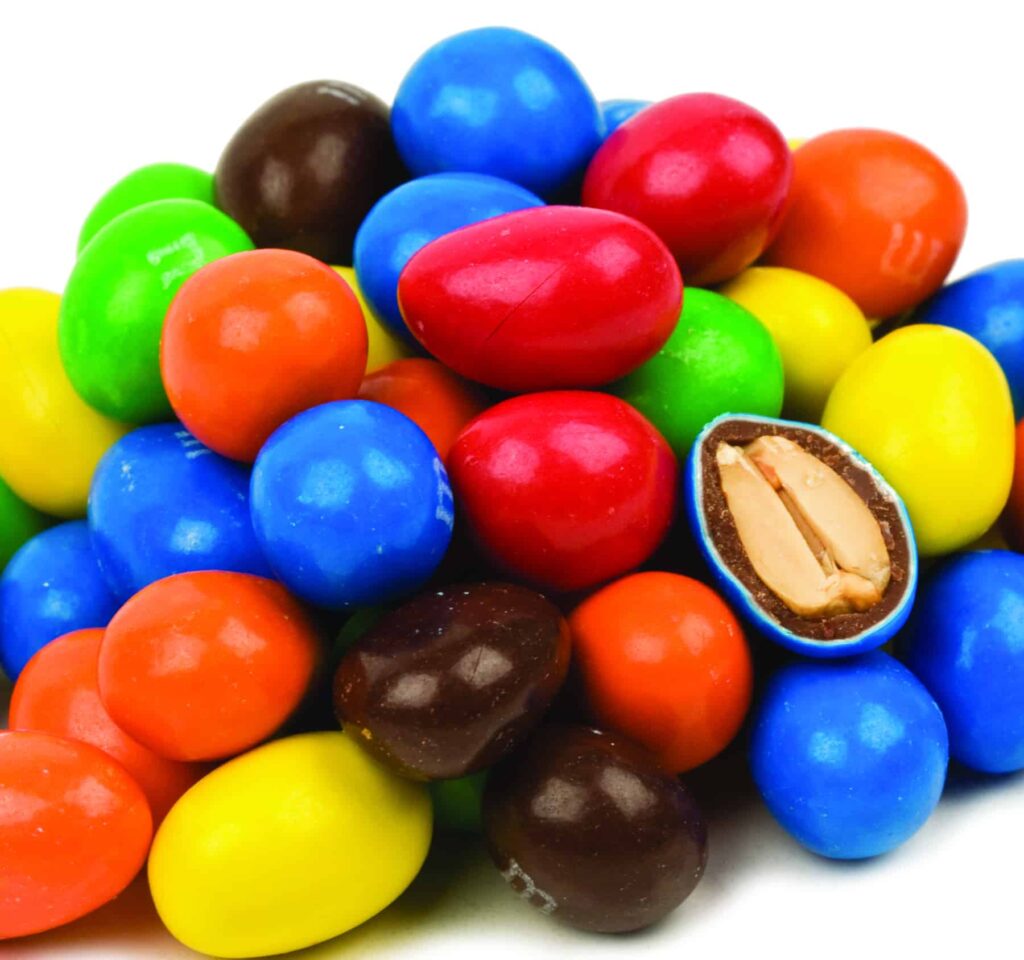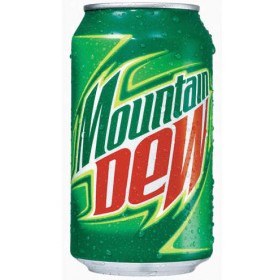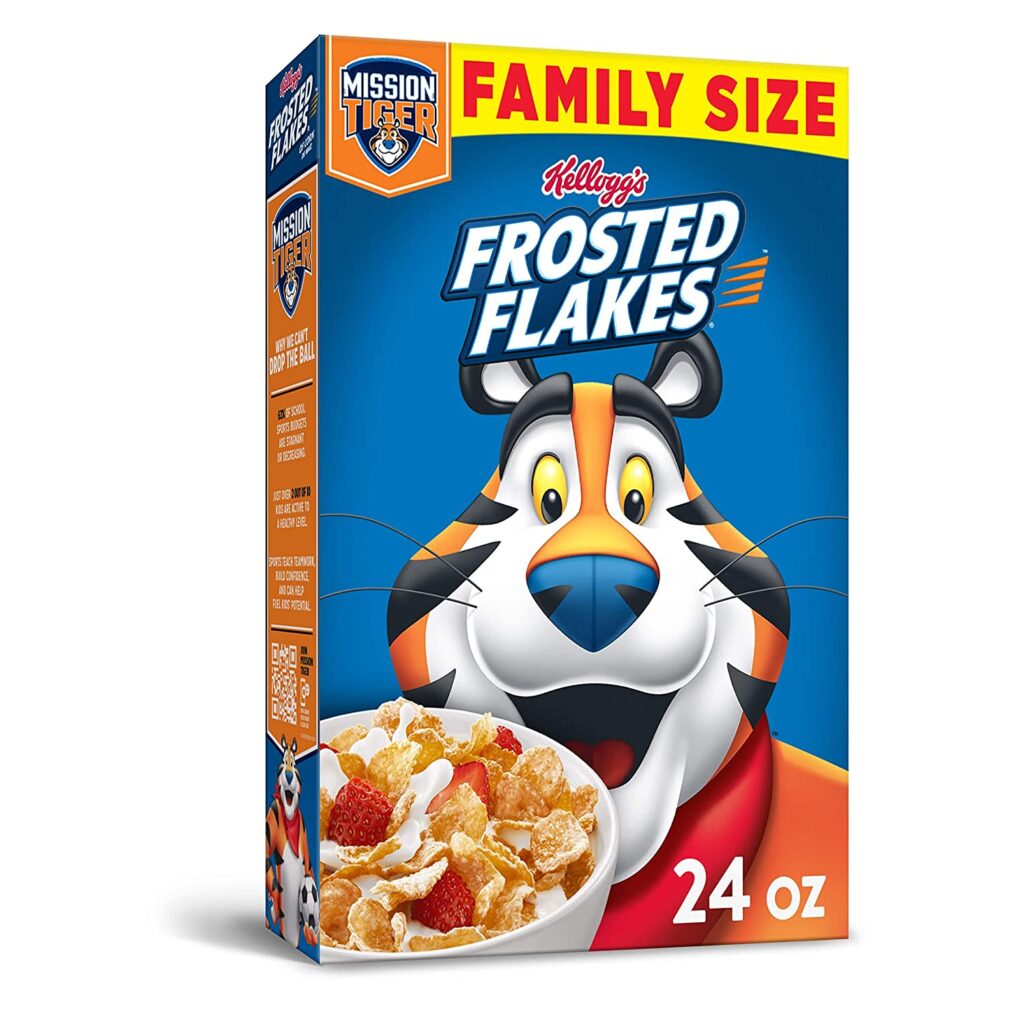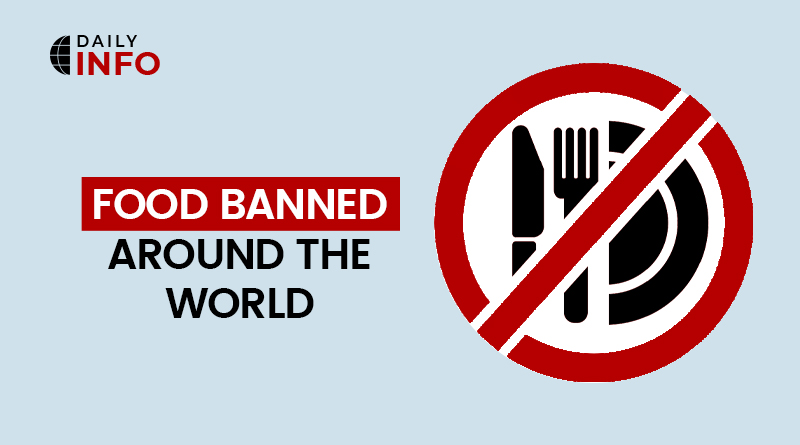Food Banned Around The World
Flavors, appearance, and aroma all go together but some Food banned around the world is still present on the grocery shelves. Yet every country has its own food safety policies with different formulations and product availability. That truly depends on the basis of both consumer preferences and state requirements. In the wake of the studies carried out on the use of illegal food ingredients and associated health risks, many people find it difficult to shop for the right food.
Fortunately, the food authorities are playing their role to assure the quality and safety of food. They perform scientific procedures to avoid the risk factors linked with life-threatening diseases. Consumers put their trust in scientific panels to keep the food safe and healthy but to what standards? Are companies legally meeting the policies? And to what extent, the agencies are taking action against those violating the laws? Let dive deep to explore some eye-opening facts about well-known brands.
M&Ms

First up, in the list of Food banned around the world we have choco candies. Everyone’s favorite candy-coated red version of M&Ms is missing shortly from the grocery shelves after the controversy raised against food dyes. Rumors began to float about the use of artificial food dye named Red Dye Number 2 specifically in red candies. After conducting research, the dye showed adverse side effects including thyroid tumors and other deformities.
The company behind the little drops of heaven “Mars” was concerned about their customers and hard on the heels eliminate the red ones from the mix. But that’s not all, studies revealed that the additives used (to provide texture) in making candies are not halal. This statement is causing chaos among countries around the globe. Moreover, Mars and Murrie have also been criticized for the logo resemblance with the famous chocolate Marabou. Therefore, the Swedish court has banned its advertisement and sales in stores over the past few years.
Mountain Dew

Most surprisingly and scary enough, a well-known beverage often enjoyed on its own is banned in over 100 countries. Excited to know why? Because of the use of controversial food additive BVO (Brominated Vegetable Oil) as an emulsifier. Makers of this American drink confirmed its use to attain the emulsion properties for keeping the citrus oil mixed uniformly.
News circulated on the internet that PepsiCo is using a flame retardant in lime sodas that might pose multiple health issues. Although the chemical “Bromine” comes from a natural source but is linked to serious health concerns. It participates to bind the receptor site of iodine in the body and results in skin irritation and neurological diseases. Although the food additive is recognized as safe by FDA and easily available at grocery stores in the US. But Japan and Europe expelled the product until major changes were made by the makers.
Kellogg’s frosted flakes

Breakfast cereals served with milk are gaining popularity as a healthy morning meal. As they contain a rich amount of carbohydrates, folic acid, sodium, and other nutrients in the ingredient list. But are you consuming the right one? Undeniably, they have been around for so long. Contrary to what different cereal brands are claiming and advertising, Kellogg’s frosted flakes have a dark side.
Research has shown the use of a food preservative, BHT in Kellogg’s cereals that is carcinogenic. So the authorities of Denmark seized the boxes and banned the advertisements of over 18 brand’s cereal bars.
Popular Recommendations: Best Diet Food with Medicinal/Beauty Benefits

